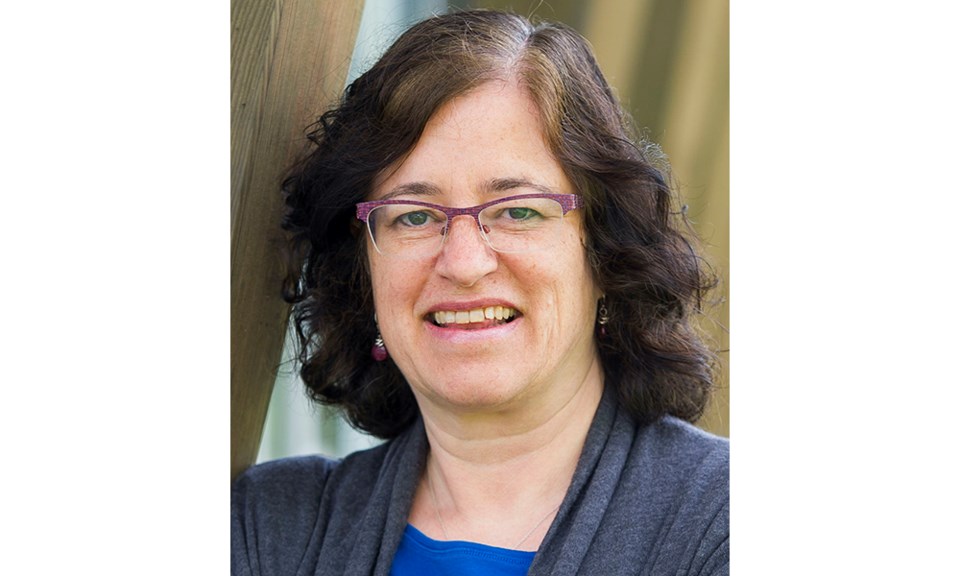Spring Break marks one year since COVID-19 upended our lives, sending us all home for time out, dampening our social lives and endangering our health.
In B.C., nearly 100,000 people have come down with COVID-19 and more than 1,400 have died. Globally, more than 121 million people have fallen ill and nearly 3 million have died. Lives have been lost and others have been changed, perhaps forever, due to “long COVID.”
Nothing can diminish the tragedy of those deaths and illnesses, but if there is going to be a silver lining in this, it will have to be the things we’ve learned that will make life better going forward.
In a health emergency, it is the people who are most vulnerable who suffer the most, said Dr. Tedros Adhanom Ghebreyesus, the director general of the World Health Organization.
But it’s time, he said, to address the reasons people become sick in the first place.
“Addressing the key public health challenges of today and the coming years requires that we reach beyond the health sector to tackle the social, economic and commercial determinants of health,” Ghebreyesus said this week in a discussion at the London School of Economics.
In the pandemic, we’ve seen remarkable change that would have never been thought possible, let alone achievable overnight, before the world was struck with COVID-19.
COVID-19 has exposed and exacerbated inequality. Surrey’s superintendent of schools Jordan Tinney describes this well when he writes about two families being sent home to self-isolate and learn online for two weeks. Imagine one lives in a big house, with high-speed internet and adults with time on their hands and the other lives in a small apartment, with many adults who work in precarious employment and share one device.
Tinney questions whether one of those adults will tell their employer that their child has been sent home to self-isolate, a very complicated moral predicament. We all depend on each other in a pandemic, so making it easier for everyone to make the right choice and stay home, with policies like paid sick leave or job security, should be a goal going forward.
COVID-19 has made more women lose jobs than men, has revealed a shocking increase in anti-Asian racism, has shown marginalized people to be more vulnerable. I hope this experience teaches us the importance of recognizing, naming and addressing these problems.
This pandemic marks the first time I’ve seen Canada create a brand-new social program, virtually overnight, as they did with the Canada Emergency Response Benefit (CERB), which paid people who had lost their jobs $2,000 a month in emergency income. It wasn’t perfect, and lots of wrinkles are being revealed now, at tax time, but still it should be recognized that, when push comes to shove, a government can act quickly with a profound change.
In February, the B.C. provincial government announced it was extending support for foster youth about to age out of government care for another year, a move they first made early on in the pandemic. Cutting off support for young people who don’t have parents to care for them when they turn 19 is an outdated policy that needs a rethink. If ongoing support can be provided now, when the economy is precarious and many are unemployed, it can and should be done permanently.
The provincial government also announced this week the largest ever increase to income assistance and disability assistance – an extra $175 per month, to $935 a month for income assistance and $1358.42 a month for disability assistance. Rates were temporarily increased by $300 during the early months of COVID-19, but after seeing that work out okay, the government is now giving a smaller, but permanent increase.
The next time someone tells you things never change or it can’t be done, tell them to think again. COVID-19 has shown us that significant change is possible when the will is there. The vaccine development and roll out will be the same – it won’t be perfect, but when we look back we will be astonished with how quickly science was able to invent, not just one, but several effective vaccines, and proceed to get the whole world vaccinated in record time. Ending this pandemic is a global responsibility, but I believe we will get there.
“Common suffering brings strong bonds,” B.C.’s Provincial Health Officer Dr. Bonnie Henry said in a recent news conference, and it’s true. Everyone alive has now been through a trauma, and we’ve all experienced it together. If this doesn’t bring us closer together and more caring as a human race, I don’t know what will.
Tracy Sherlock is a freelance journalist who writes about education and social issues. Read her blog or email her [email protected]


